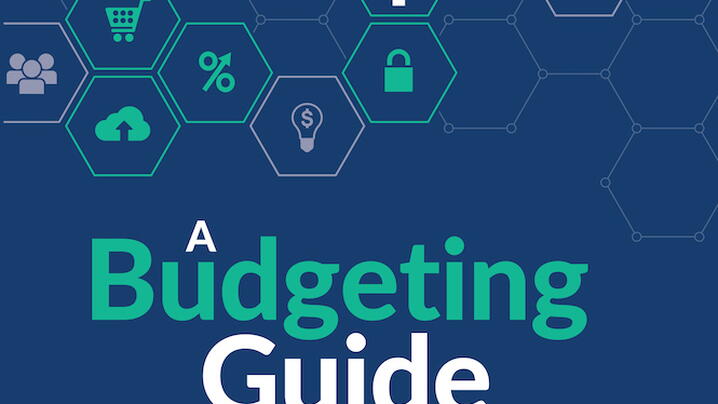
Written with managers, budget directors, and students of the profession in mind, offers a fresh and forward-looking examination of local government budgeting.
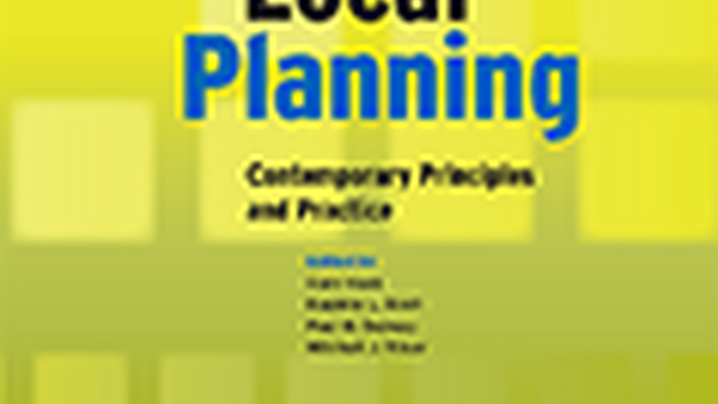
Local Planning helps the reader understand the complexities of planning at the local level, and prepare to make decisions in a challenging environment.
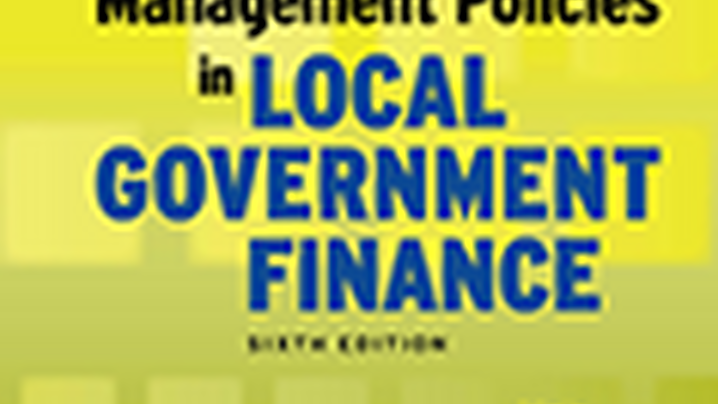
Management Policies in Local Government Finance, Sixth Edition is the latest edition.
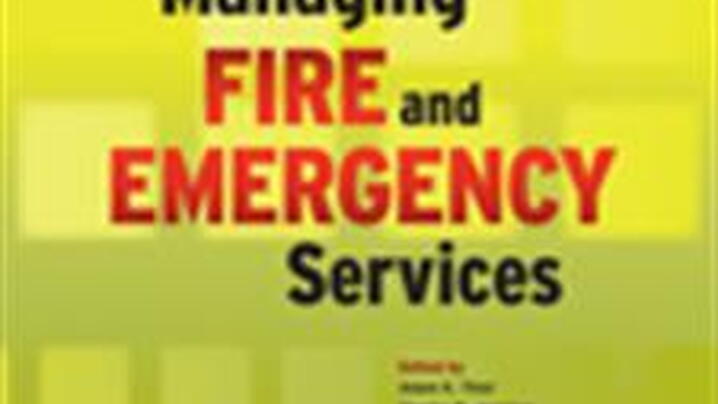
Managing Fire and Emergency Services is a textbook illustrating the challenges that fire and emergency managers face and outlining leading practice.

This self-study course can help fire and emergency services students in the fire and emergency services field.
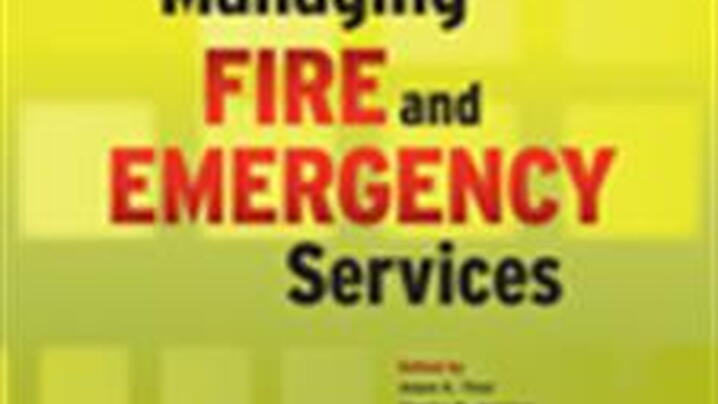
The Managing Fire and Emergency Services Self-Study Course is your key to mastering the concepts outlined in the textbook Managing Fire and Emergency Services.
